COVID is Surging Again: 7 Ways to Stay Safe

It wouldn’t be quite accurate to say COVID is back when it never left, but the virus is making itself felt again. “We’ve seen a bit of a seasonal pattern emerge where we’ve had an uptick in COVID in the summer and then another one in the winter—usually the winter one being more severe,” Michael Ben-Aderet, MD, associate medical director of Hospital Epidemiology at Cedars-Sinai, tells Cedars-Sinai Newsroom. “The FLiRT variants is just a technical term for the continued mutation of the Omicron variants of COVID-19. And for the last year or so, pretty much all the variants of COVID-19 that we’ve seen circulate in the United States have been variants of Omicron.”While it’s natural to get nervous about COVID spikes, summer surges are not unusual. “This has been the case for a couple of years,” Dr. Ben-Aderet says. “Why that is, I don’t think anyone truly understands. A lot of viruses are seasonal in nature. Some viruses are seasonal in summer; some are in winter. COVID-19 seems to be in both. Some of that has to do with the virus itself—the virology, how it spreads. And another aspect of it is human behavior: School being out, people being on vacation, people traveling, people mixing and doing more activities does play a role in that summer surge.”
With COVID surging in places, here’s how to protect yourself—and others—from getting sick.
RELATED: COVID Levels Are “Very High” in These 27 States
Wear a Mask
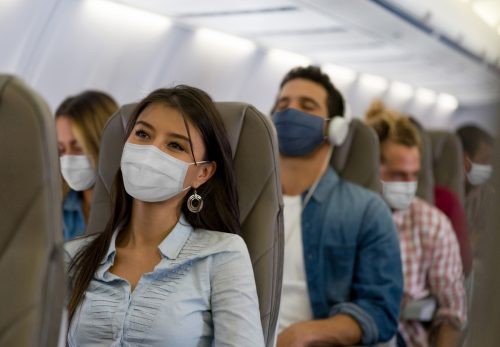
The right mask can help prevent transmission. “Make sure to wear a good, well-fitting mask. They’ve been proven to help prevent the spread of COVID-19,” Dr. Ben-Aderet says. “If you haven’t been vaccinated, vaccines are still available, and it’s really best to be up to date on your vaccinations. Avoid being around others who are sick. If you are exposed or if you’re sick, stay home if you don’t need to go out.”
Vaccines and Boosters
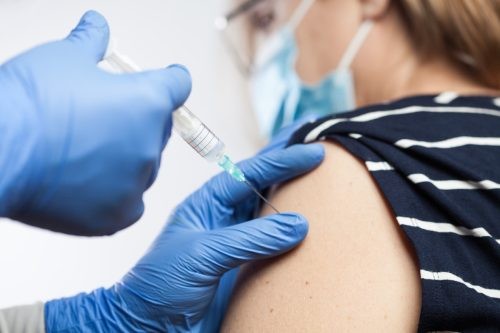
The CDC recommends staying up to date with vaccines and boosters. “Although vaccinated people sometimes get infected with the virus that causes COVID-19, staying up to date on COVID-19 vaccines significantly lowers the risk of getting very sick, being hospitalized, or dying from COVID-19.”
“Everyone six months or older should get the updated 2024-2025 COVID-19 vaccine and flu vaccine, including pregnant moms,” says CDC Director Dr. Mandy Cohen. “For RSV, all infants under 8 months and children 8-19 months with risk factors should get nirsevimab. Pregnant moms between 32-36 weeks gestation can get the maternal RSV vaccine. All adults over 75 should get an RSV vaccination, and adults 60-74 with risk factors should get a one-time lifetime dose.”
Clean Air

The CDC recommends taking steps for cleaner air. “If your home has a central heating, ventilation, and air conditioning system (HVAC, a system with air ducts that go throughout the home) that has a filter, set the fan to the ‘on’ position instead of ‘auto’ when you have visitors and use pleated filters. Change your filter every three months or according to the manufacturer’s instructions.”
Get Tested
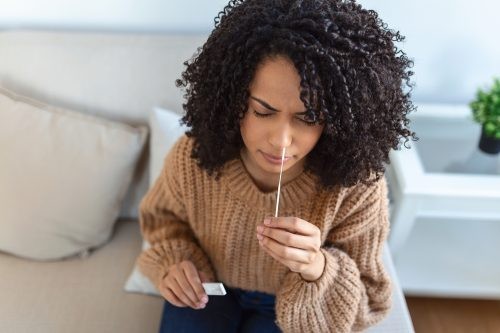
If in doubt, get tested. “All available testing, both commercial and home testing, will still test against the FLiRT variants,” Dr. Ben-Aderet says. “Paxlovid is still widely available and still works very well. So there hasn’t been any reduction in activity of Paxlovid, and it’s still recommended for high-risk individuals with COVID-19.”
Stay Home
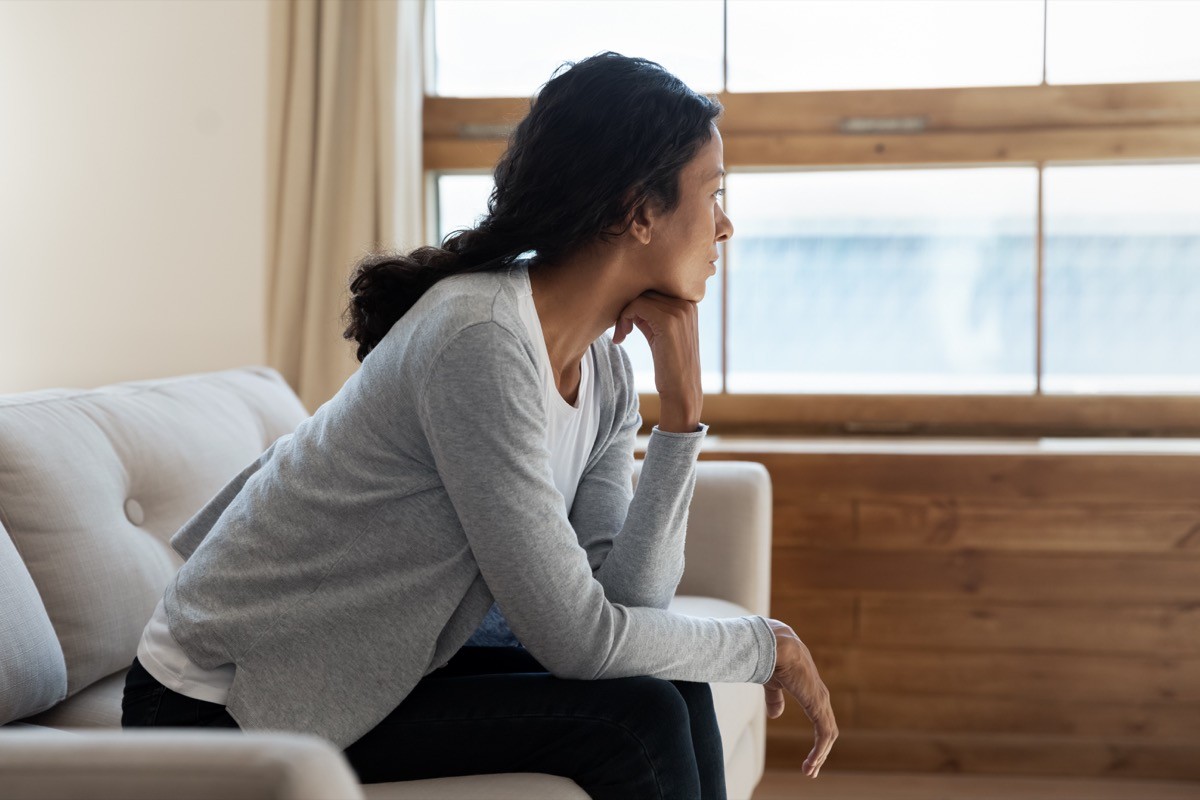
If you test positive for COVID, the CDC recommends staying home to stop the spread of the virus. “When you go back to your normal activities, take added precaution over the next 5 days, such as taking additional steps for cleaner air, hygiene, masks, physical distancing, and/or testing when you will be around other people indoors. This is especially important to protect people with factors that increase their risk of severe illness from respiratory viruses.”
Good Hygiene

Continue practicing good hygiene, like stringent hand-washing. “Handwashing has always been one of the most effective ways of keeping diseases at bay,” says Dr. Poonam Khetrapal Singh, Regional Director, WHO South-East Asia Region. “It is a simple act that pays dividends when it comes to keeping ourselves healthy and safe. Handwashing is also one of the key cornerstones of COVID-19 prevention. Now more than ever, as we embrace the new normal and live with COVID-19, hand hygiene needs to become an integral part of our daily routine and our lives as we live through this pandemic and beyond to protect us from diseases.”
RELATED: Experts Say You May Want to Pull Out Your COVID Masks—Here’s What to Know
Get Treatment
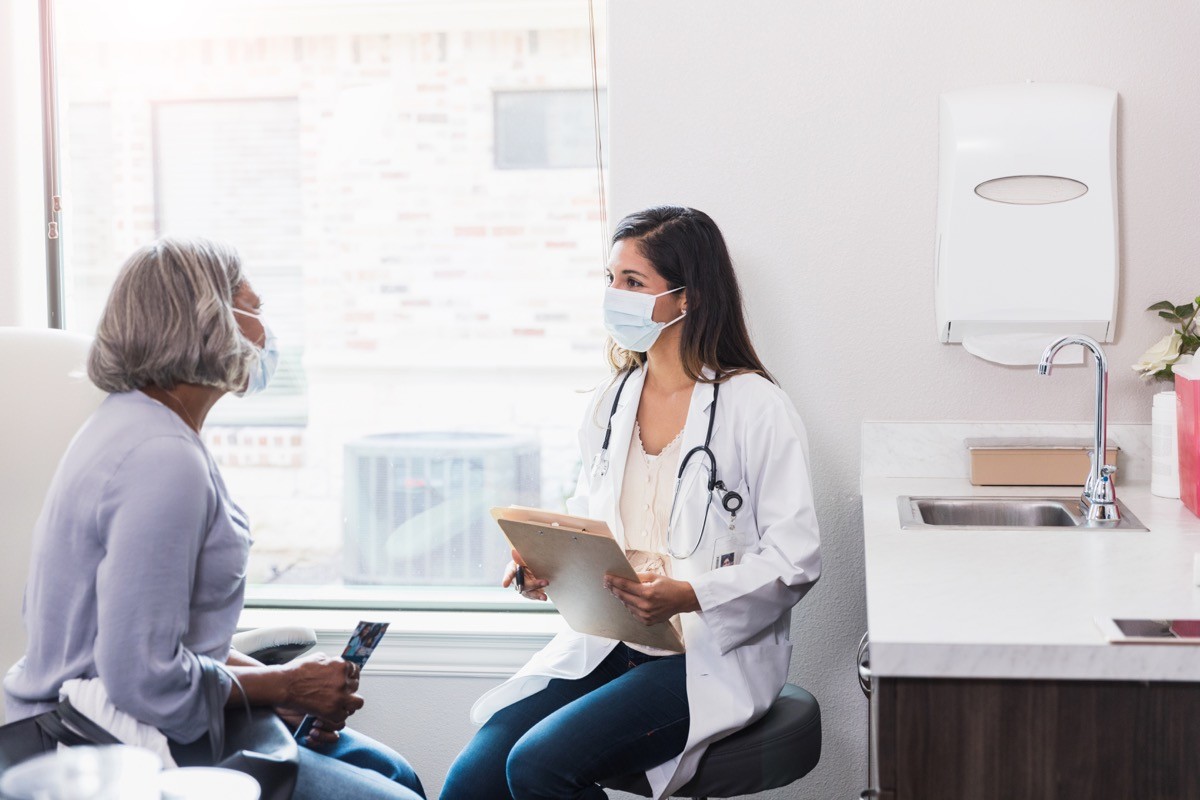
Don’t hesitate to get treatment if you feel unwell.” Seek health care promptly for testing and/or treatment if you have risk factors for severe illness,” says the CDC. “Treatment may help lower your risk of severe illness, but it needs to be started within a few days of when your symptoms begin.”